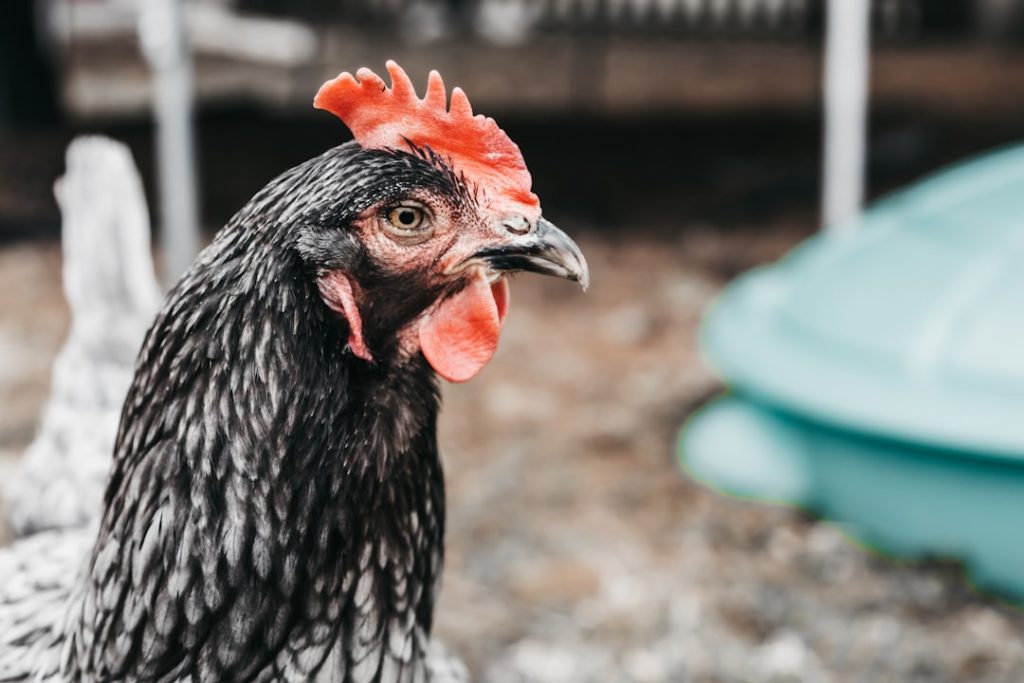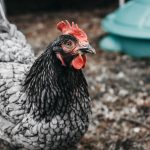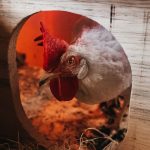Understanding local predators is essential for effective chicken protection. Predator species vary by region, and identifying potential threats is the first step in safeguarding your flock. Common chicken predators include foxes, raccoons, coyotes, hawks, owls, snakes, and domestic dogs.
Each predator exhibits unique hunting behaviors and patterns, which must be considered when implementing protective measures. Recognizing predator habits and patterns is crucial for prevention. Raccoons, for instance, are known for their manual dexterity and ability to manipulate latches and doors.
Aerial predators like hawks and owls can quickly capture chickens from above. By understanding these specific behaviors, chicken owners can implement targeted security measures for coops and runs. Proactive strategies based on predator knowledge help ensure the safety of chickens.
This includes proper coop construction, secure latches, and appropriate fencing. Additionally, vigilance and regular monitoring of the surrounding area can help identify potential threats before they become problematic. By combining predator awareness with effective protective measures, chicken owners can significantly reduce the risk of attacks on their flocks.
Table of Contents
Key Takeaways
- Identify the predators in your area to understand the specific threats to your chickens
- Secure the chicken coop and run with sturdy fencing and locks to prevent easy access for predators
- Use deterrents such as motion-activated lights and sound devices to keep predators away from your chickens
- Supervise free-range time to ensure the safety of your chickens and intervene if necessary
- Provide hiding spots and shelters for your chickens to seek refuge from predators
- Consider using guard animals such as dogs or geese to protect your flock from predators
- Stay vigilant and proactive in protecting your chickens by regularly checking for signs of predator activity and making necessary adjustments to your security measures
Securing the chicken coop and run
Inspect and Repair the Coop and Run
Start by inspecting the coop and run for any potential entry points such as holes, gaps, or weak spots in the fencing. Repair any damage and reinforce weak areas to prevent predators from gaining access.
Use Durable Materials and Locks
Use hardware cloth instead of chicken wire for added protection, as it is more durable and can withstand the attempts of determined predators. Install locks on all doors and windows to prevent raccoons and other dexterous predators from opening them.
Additional Protective Measures
Consider adding a predator apron around the perimeter of the coop and run to deter digging predators such as foxes and coyotes. This involves burying hardware cloth or wire mesh around the outside of the fencing to prevent predators from digging underneath. Additionally, consider adding a roof or netting over the run to protect against aerial predators like hawks and owls.
Using deterrents to keep predators away
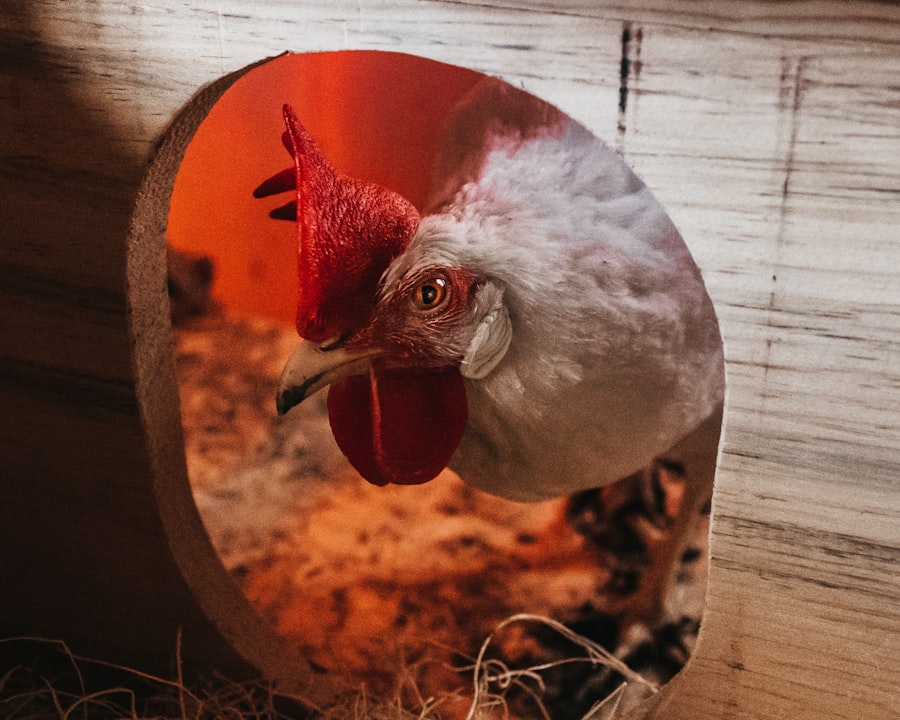
In addition to securing the coop and run, using deterrents can help keep predators away from your chickens. Motion-activated lights and sound devices can startle predators and deter them from approaching the coop. You can also use predator scent deterrents such as coyote urine or predator sprays around the perimeter of the coop to create a barrier that predators will avoid.
Another effective deterrent is electric fencing, which delivers a mild shock to predators that come into contact with it. This can be an effective way to keep out larger predators like coyotes and bears. Additionally, consider using reflective tape or shiny objects around the coop and run to confuse and deter aerial predators like hawks and owls.
Supervising free-range time
Allowing your chickens to free-range can be beneficial for their health and well-being, but it also exposes them to potential predators. To protect your chickens during free-range time, it is important to supervise them closely. Keep an eye on your flock and be vigilant for any signs of danger such as unusual behavior or the presence of predators in the area.
Consider using temporary fencing or portable electric netting to create a safe area for your chickens to free-range while still being protected from predators. This allows them to enjoy the benefits of free-ranging while minimizing the risk of attacks. Additionally, consider providing hiding spots and shelters in the free-range area where chickens can seek refuge if they sense danger.
Providing hiding spots and shelters for your chickens
Providing hiding spots and shelters for your chickens can give them a safe place to escape from predators. Consider adding dense shrubs, bushes, or small trees in the free-range area where chickens can hide if they sense danger. You can also create natural hiding spots by arranging large rocks or logs in the area.
In addition to natural hiding spots, provide shelters within the coop and run where chickens can seek refuge if a predator enters the area. This can include nesting boxes, elevated perches, or even a separate predator-proof shelter within the run where chickens can retreat to safety. By providing hiding spots and shelters, you give your chickens a better chance of escaping from predators and staying safe.
Using guard animals to protect your flock
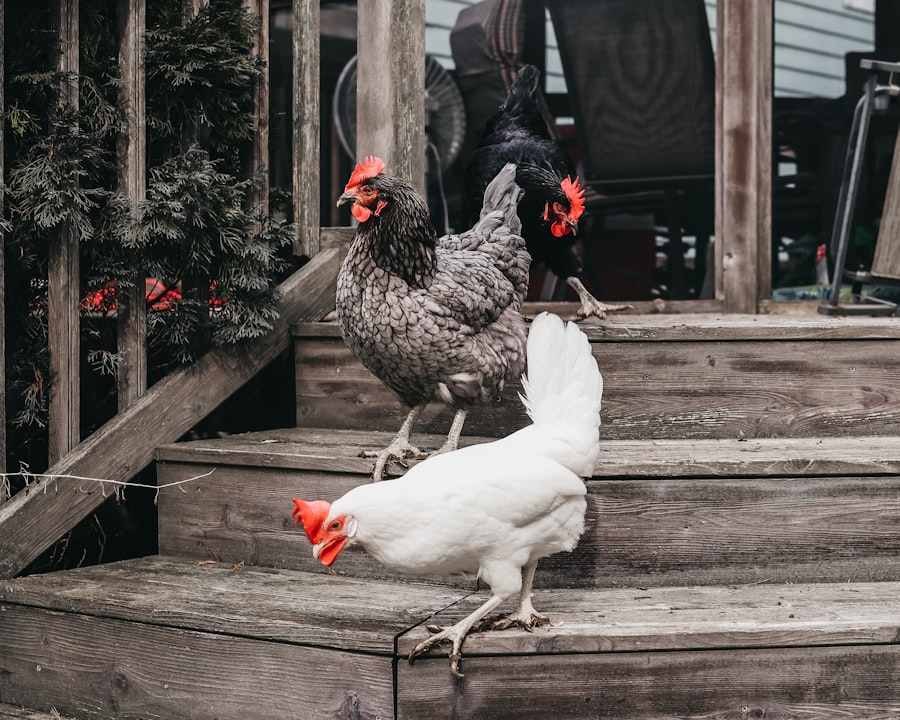
Natural Protectors: Dogs
Dogs are natural protectors and can be trained to patrol the perimeter of the coop and run, deterring potential threats. Consider getting a livestock guardian breed such as a Great Pyrenees or Anatolian Shepherd, which are known for their protective instincts and ability to ward off predators.
Territorial Watchdogs: Geese
Geese are also effective guard animals, as they are territorial and will alert the flock to potential danger with their loud honking. They are particularly effective at deterring aerial predators such as hawks and owls.
Adding an Extra Layer of Protection
By using guard animals, you add an extra layer of protection for your chickens and increase their chances of staying safe from predators. With the help of these loyal guardians, you can rest assured that your flock is well-protected.
Being vigilant and proactive in protecting your chickens
Finally, being vigilant and proactive is key to protecting your chickens from predators. Regularly inspect the coop and run for any signs of damage or potential entry points for predators. Keep an eye on your flock and be aware of any changes in behavior that could indicate the presence of predators in the area.
Stay informed about local predator activity in your area and take proactive measures to prevent attacks. This may include coordinating with neighbors to address predator issues collectively or seeking advice from local wildlife authorities on how to protect your flock. By staying vigilant and proactive, you can minimize the risk of predator attacks and keep your chickens safe and secure.
If you’re looking for ways to keep your chickens safe from predators, you might want to consider investing in a Producers Pride Sentinel Chicken Coop. This coop is designed to provide maximum protection for your flock, with features like a secure locking system and predator-resistant wire mesh. According to an article on Poultry Wizard, the floor of your chicken coop is also an important factor in keeping predators at bay. You can learn more about the importance of a secure coop and other tips for protecting your chickens from predators at Poultry Wizard.
FAQs
What are common predators of chickens?
Common predators of chickens include foxes, raccoons, coyotes, hawks, owls, snakes, and domestic dogs.
How can I protect my chickens from predators?
You can protect your chickens from predators by using secure fencing, locking them in a predator-proof coop at night, using motion-activated lights or sound devices, and keeping the area around the coop free of tall grass and brush.
What are some signs that my chickens are being targeted by predators?
Signs that your chickens are being targeted by predators include missing or injured chickens, feathers scattered around the coop, and tracks or droppings from known predators.
Are there any natural deterrents for predators?
Some natural deterrents for predators include using guard animals such as dogs or llamas, planting thorny bushes around the coop, and using strong-smelling herbs or spices to mask the scent of the chickens.
What should I do if I spot a predator near my chicken coop?
If you spot a predator near your chicken coop, you should make loud noises, use bright lights, or even consider using a non-lethal deterrent such as a water hose to scare the predator away. It’s important to never approach a predator directly.
Meet Walter, the feathered-friend fanatic of Florida! Nestled in the sunshine state, Walter struts through life with his feathered companions, clucking his way to happiness. With a coop that’s fancier than a five-star hotel, he’s the Don Juan of the chicken world. When he’s not teaching his hens to do the cha-cha, you’ll find him in a heated debate with his prized rooster, Sir Clucks-a-Lot. Walter’s poultry passion is no yolk; he’s the sunny-side-up guy you never knew you needed in your flock of friends!

